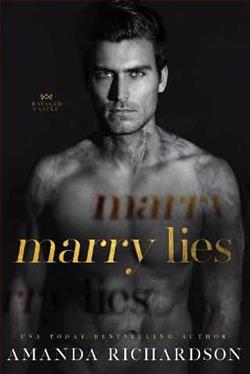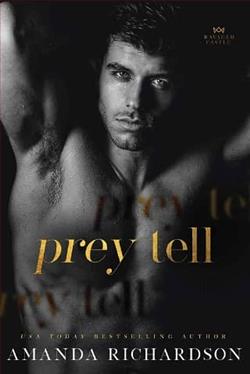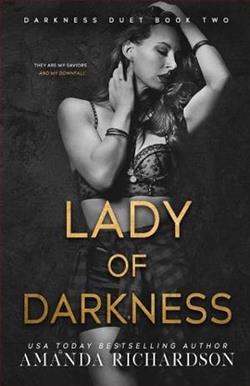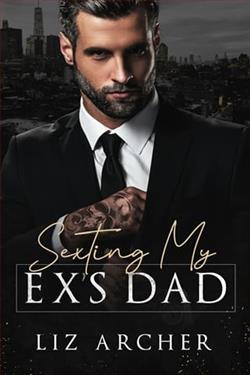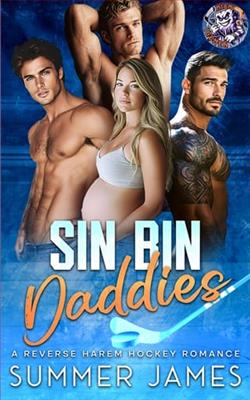Page 172 of American Hellhound
They found the cellar doors at the rear of the house, under a lucky stretch of windowless wall, held fast with a padlock. A padlock Ghost knew he could pick, thank God.
“Hold this.” He passed his flashlight to his friend. “Steady, like that.”
The lock was old, and rusty, but it finally opened. Ghost chucked it away into the trees where it hit the leaf litter with a muffled rattle.
“Careful,” Collier admonished.
“I don’t want them finding it and putting it back on while we’re inside.”
“Shit, yeah.”
The doors opened with an awful creak that had Ghost cursing under his breath. Once they were flopped back on their hinges, a sour, musty smell rushing up to them from the darkness below, they waited, poised for attack. But none came. Someone inside the house fired up a radio, twangy country loud enough to rattle the floorboards.
Ghost took the flashlight back. “Let’s see what we’ve got.”
No one had been down the steep wooden staircase in a while, if the layers of undisturbed dust were anything to go by. Ghost led with the flashlight, the beam tracking over mouse droppings and untriggered mouse traps with shriveled bits of what he hoped was cheese in them. The smell intensified the farther they went, mold and rot and a touch of decay, not death, but post-death. Death turned to dust. Spiderwebs trailed against his face and neck.
The stairs led them into a dank, dirt-floored cellar with brick walls, exposed floor joists overhead, and several shelves cluttered with dusty jars whose contents he didn’t want to examine. His mother had stocked their own cellar with strawberry jam back in the day; he suspected he might find human teeth and guts in these; it was some realHills Have Eyesshit out here.
Boots thumped across the floor overhead. The music blared, loud enough to cover any noise they might make.
They stood for a long moment, listening.
“I count four,” Collier said.
“Five,” Ghost said. “I expected more, really.”
“Might be more on the way.”
“Hmm.”
“What are we gonna do?”
“Go up there. Get Roman. Get out.”
Collier’s swallow was audible. “If we do that, we’ll have to kill some people.” It went without saying: someone might kill them.
“Gotta be honest, man, that doesn’t bother me.” And it didn’t. There were things in life that ate at him: guilt over his bad parenting, the horrifying idea of anything happening to Maggie, the dark memories of seeing the bodies of Mama and Cal at the morgue. But shooting a few of these goons wasn’t one of them.
He glanced over at his friend – tried to, anyway; it was too dark.
But Collier could read the gesture. “Sure,” he sighed. “What the hell.”
They fumbled around a few more minutes, finally locating the staircase that would lead up to the first floor of the house. The door fit badly, strips of light visible around the seam.
Ghost swapped his flashlight for his Colt. In the military, he’d been trained to aim for the center of mass, always. Shoot to kill, not to wound; a wounded man could reach for a gun and shoot you back. So it went against every instinct when he whispered, “Maybe let’s not try to kill all of ‘em. Unless we have to.”
Collier snorted in response, and Ghost heard the sound of him drawing his own gun.
The door was unlocked, and when it eased open, they found themselves in a linoleum-and-laminate kitchen lit by a hissing tube above the sink. The room was the color of nicotine stains, the counters cluttered with pots, pans, plates, and opened cans with dark liquid trailing down the sides.
And thesmell.
Ghost took a shallow breath through his mouth.
A radio somewhere was blaring Alabama. He heard voices: several men and at least one woman.
“Get me another beer!” someone shouted, and that was their cue to get the hell out of the kitchen.









